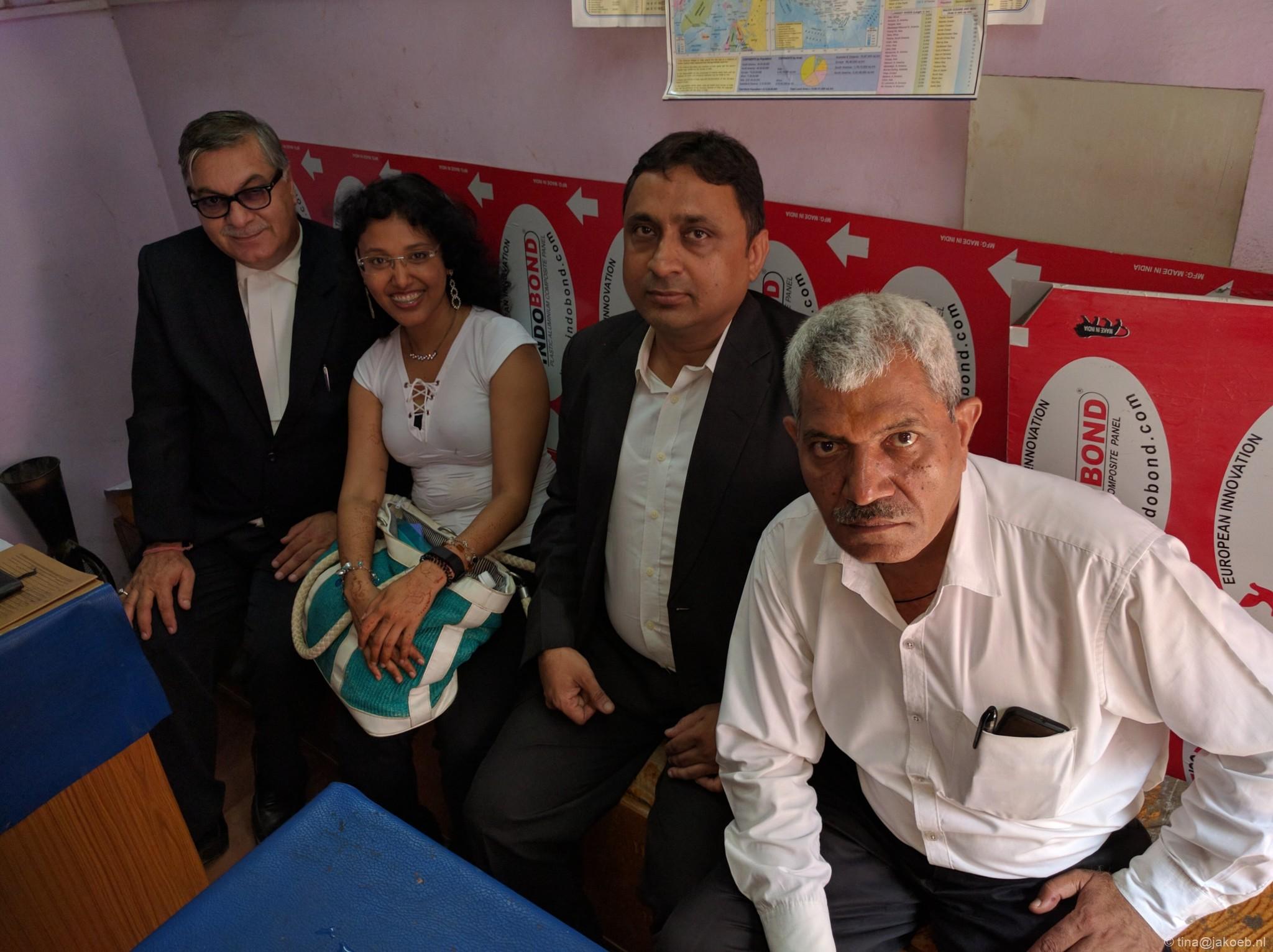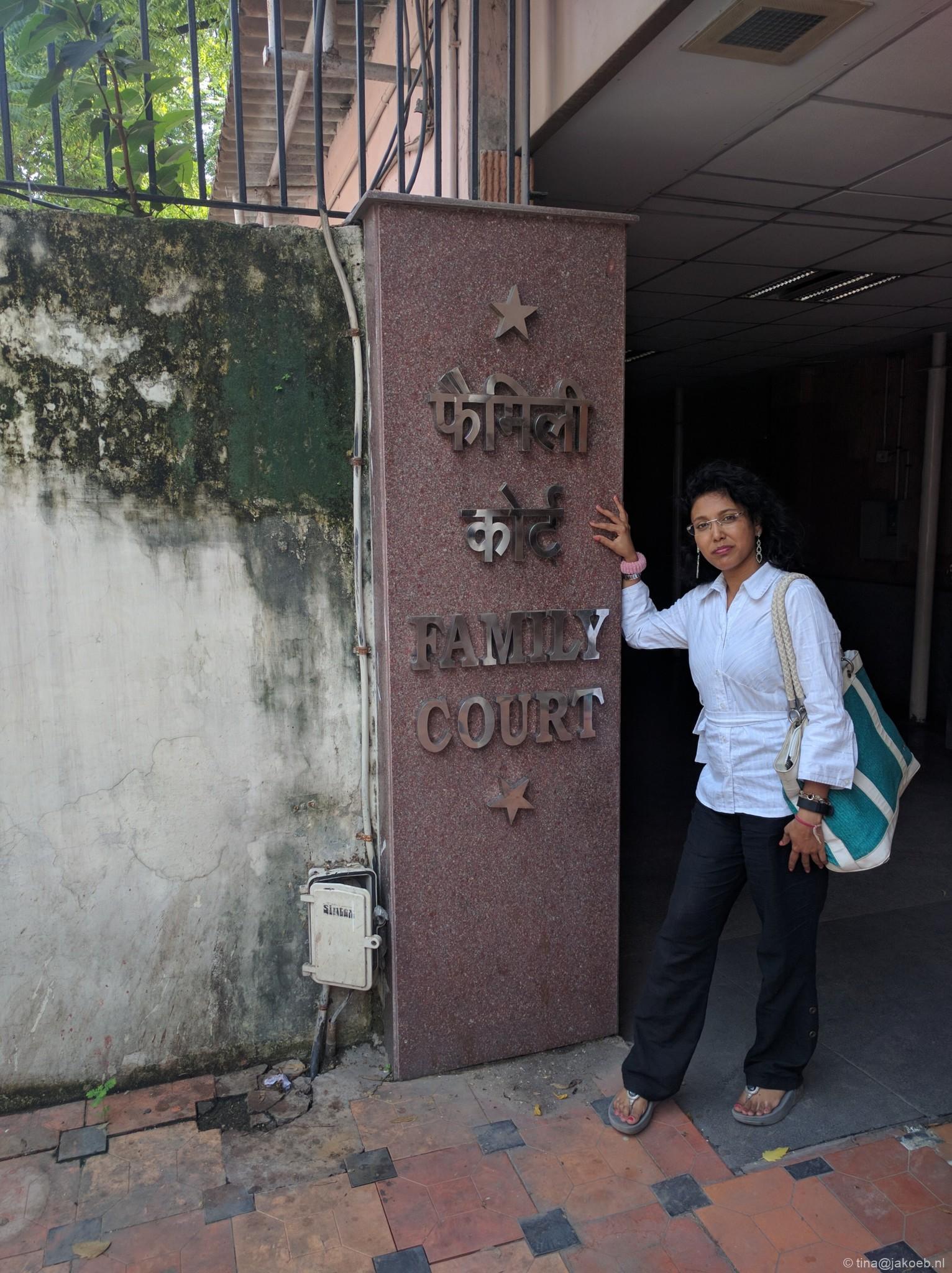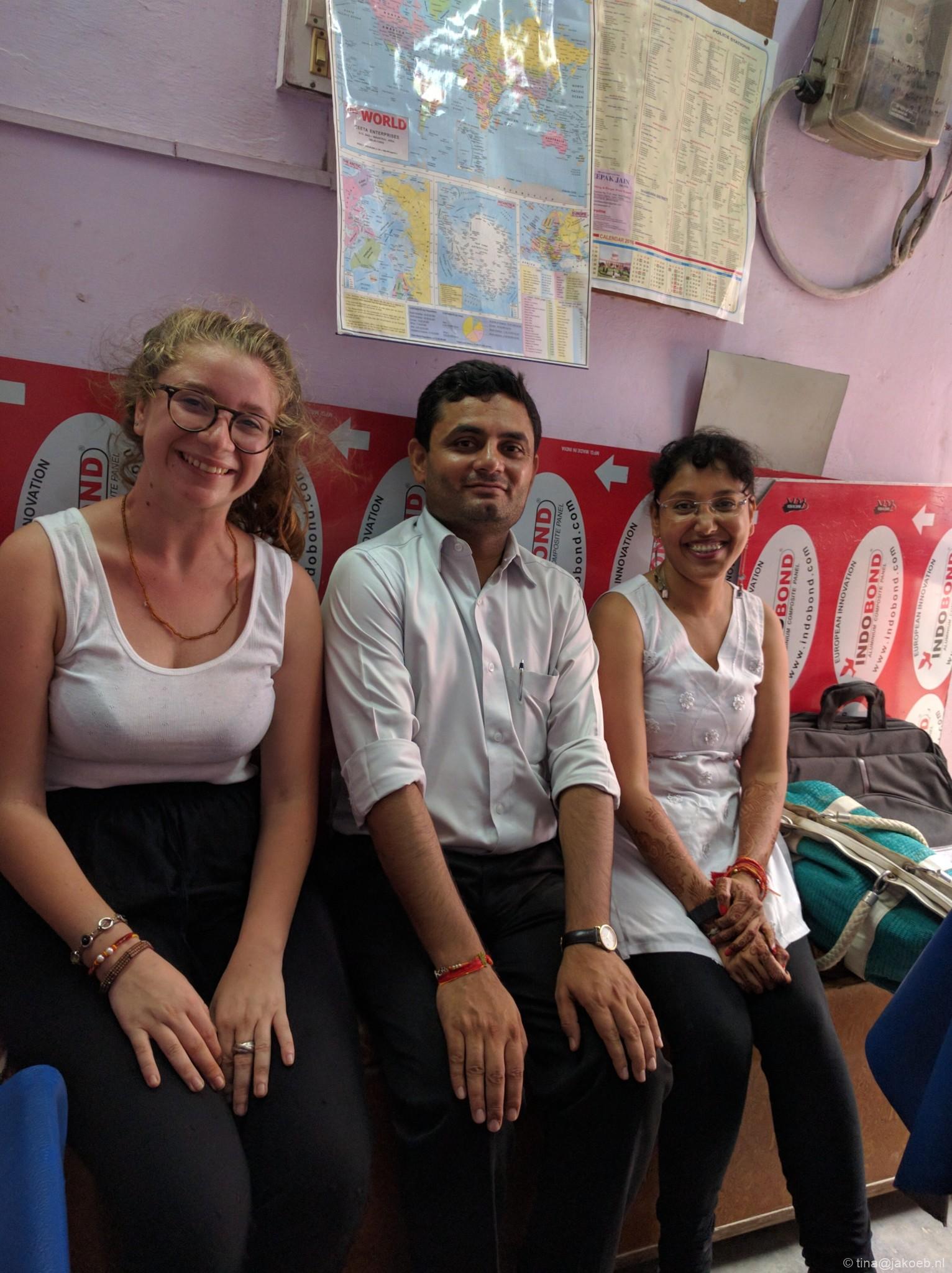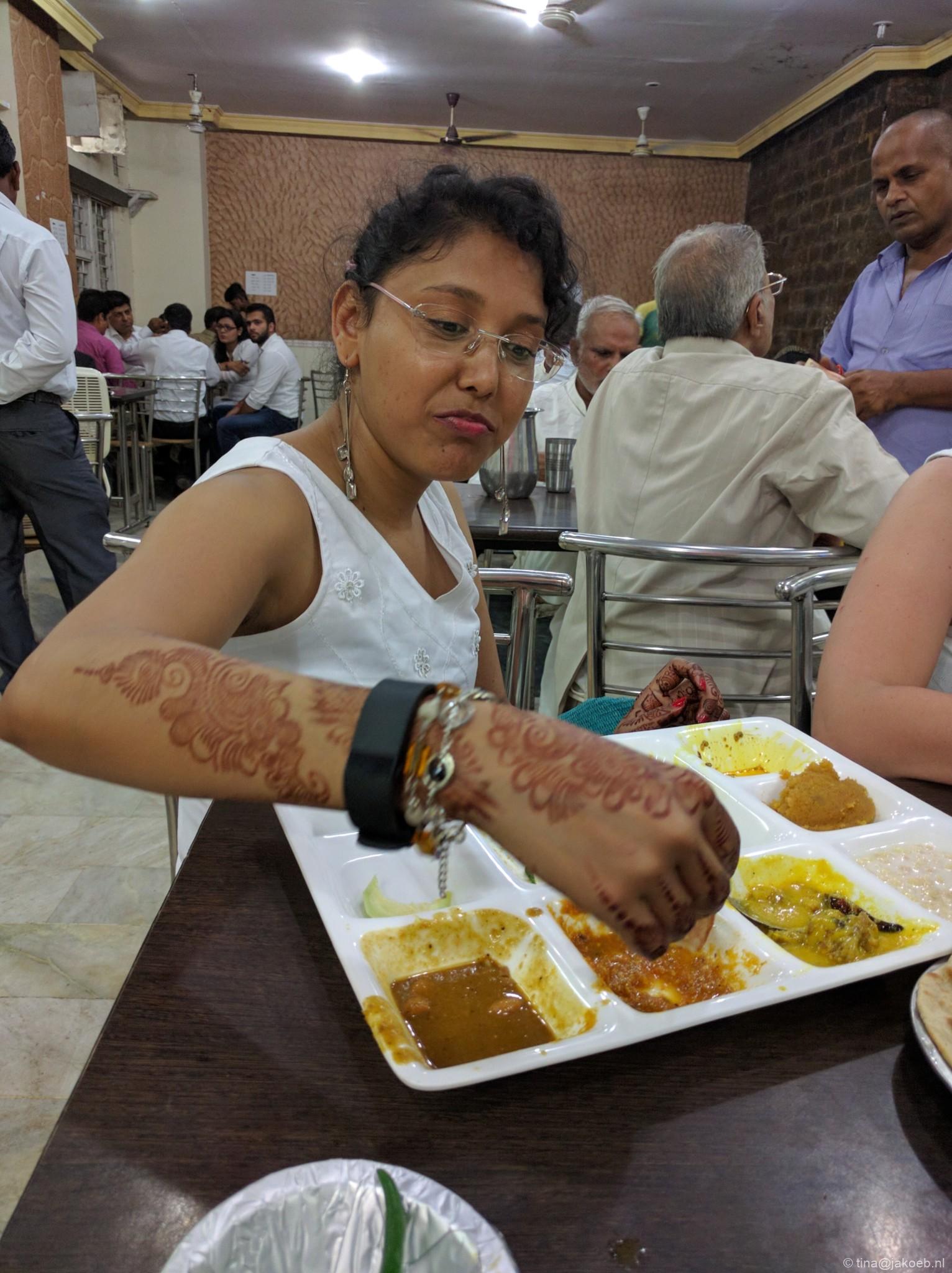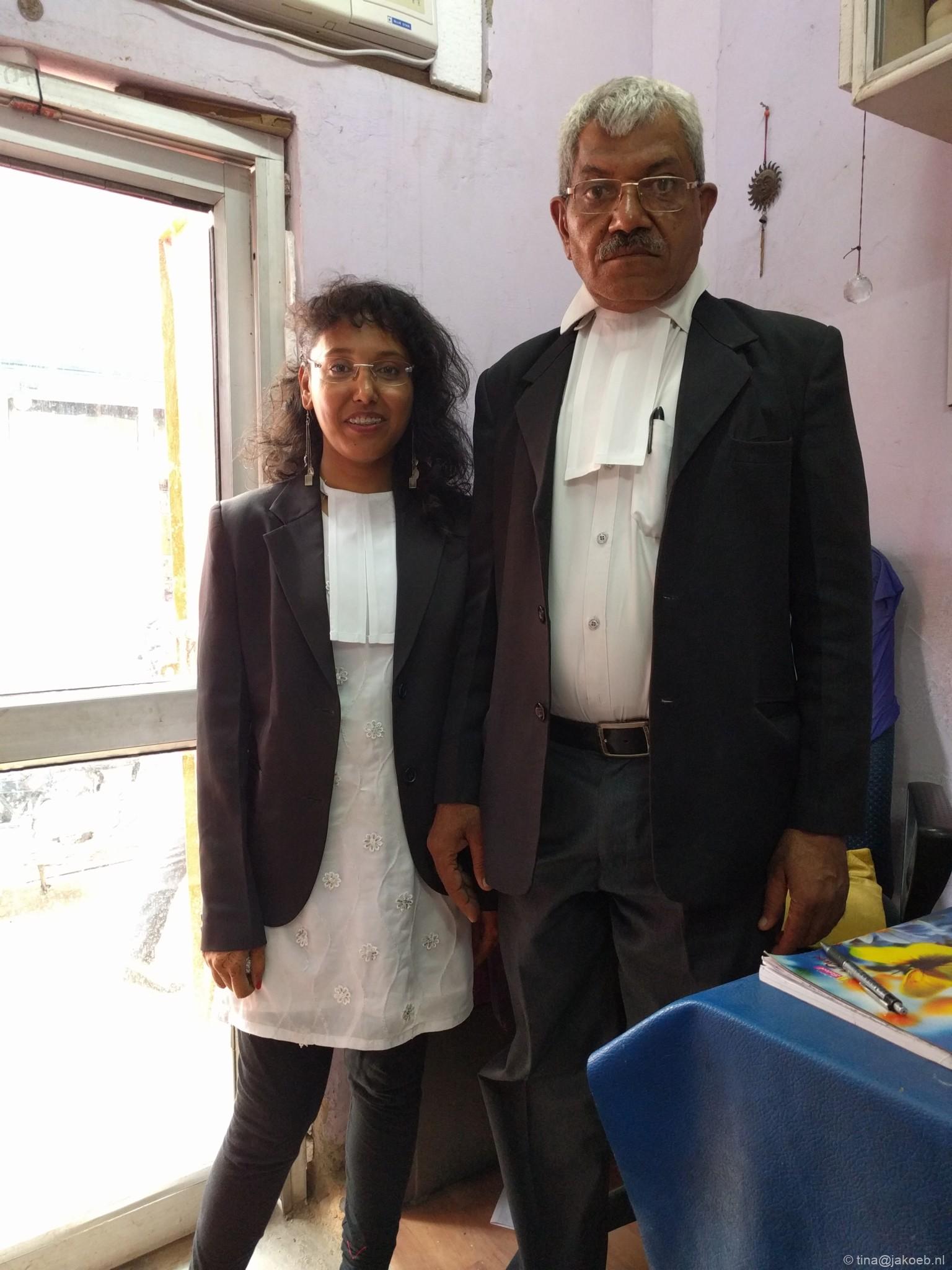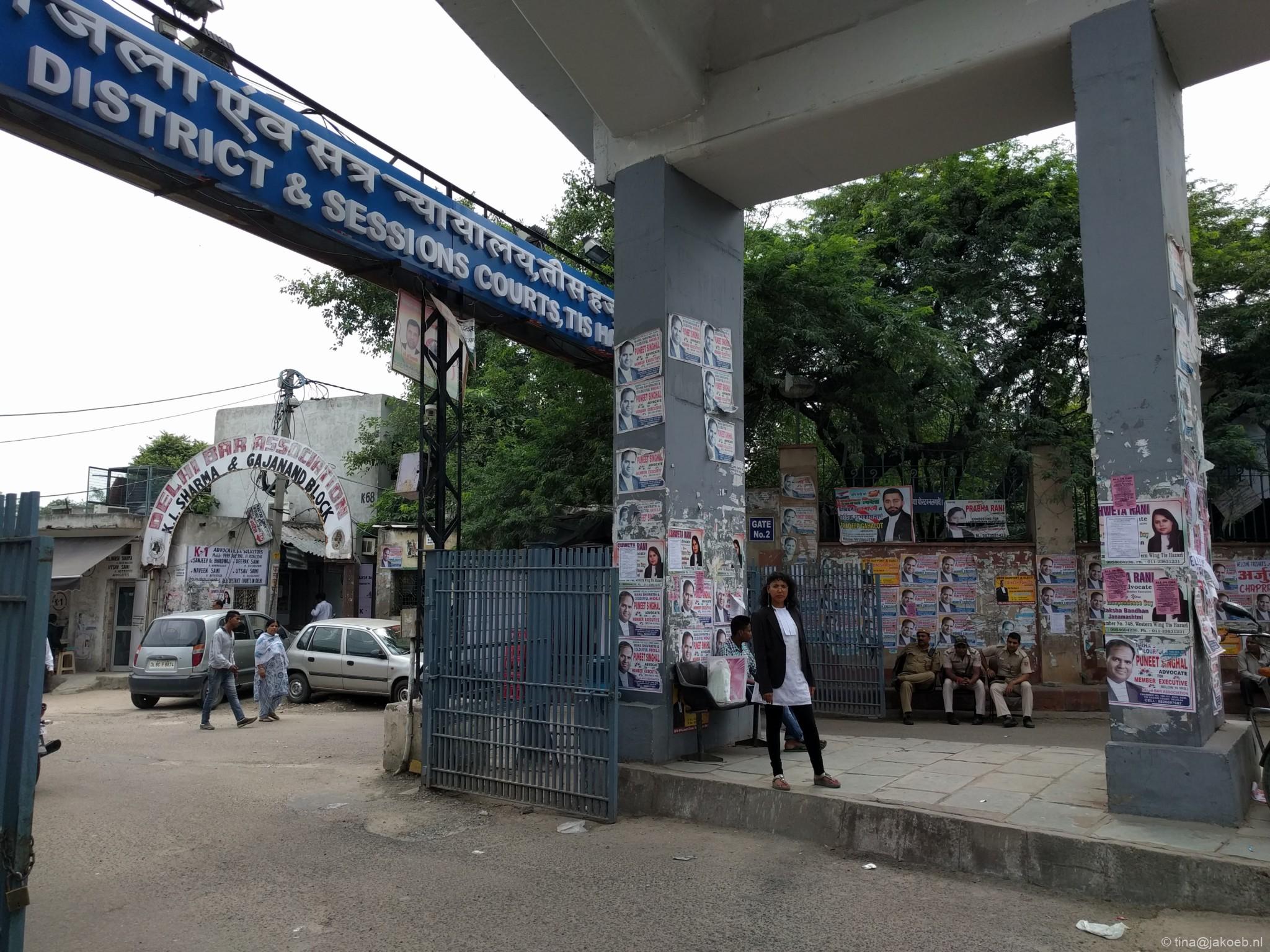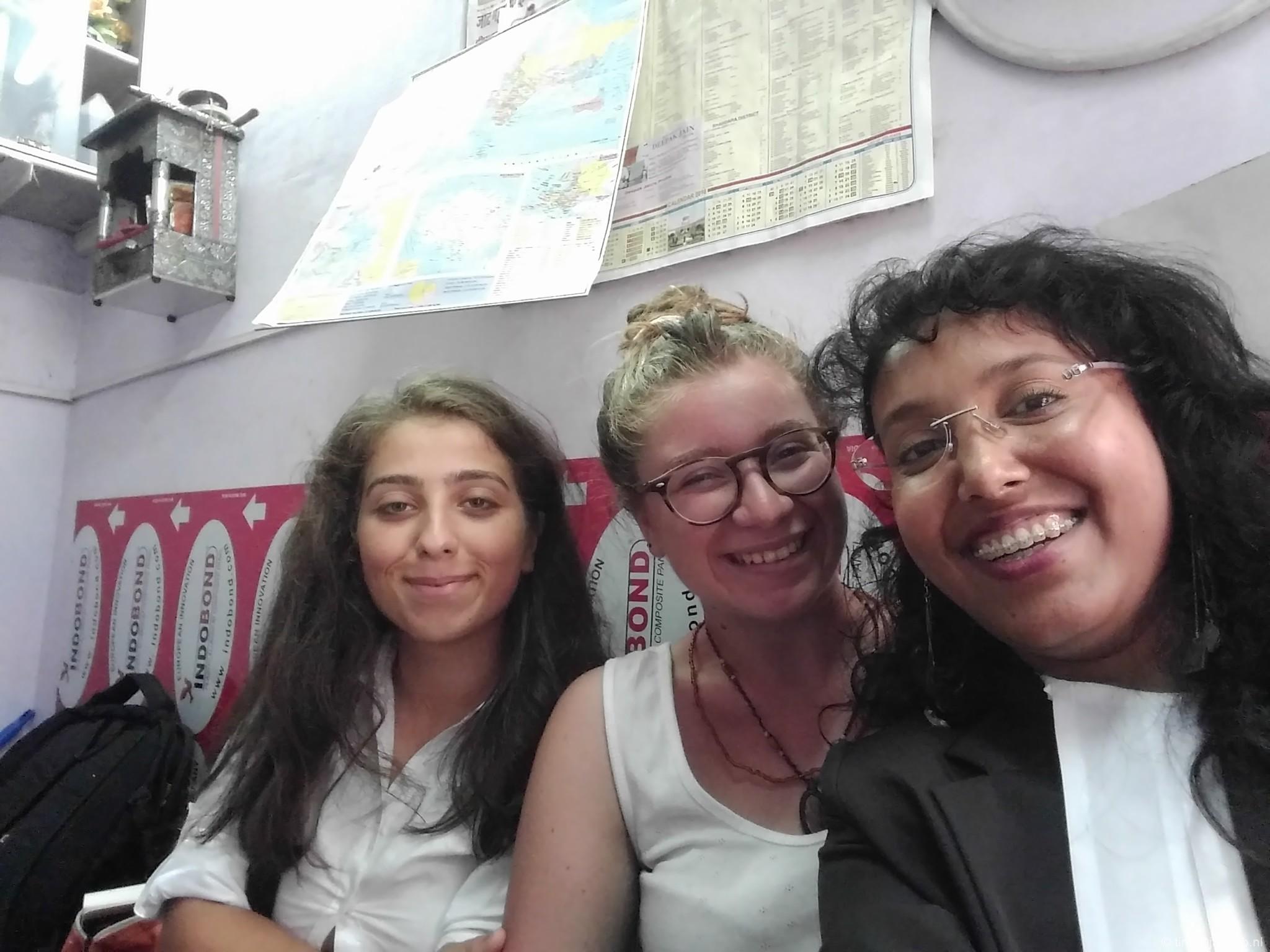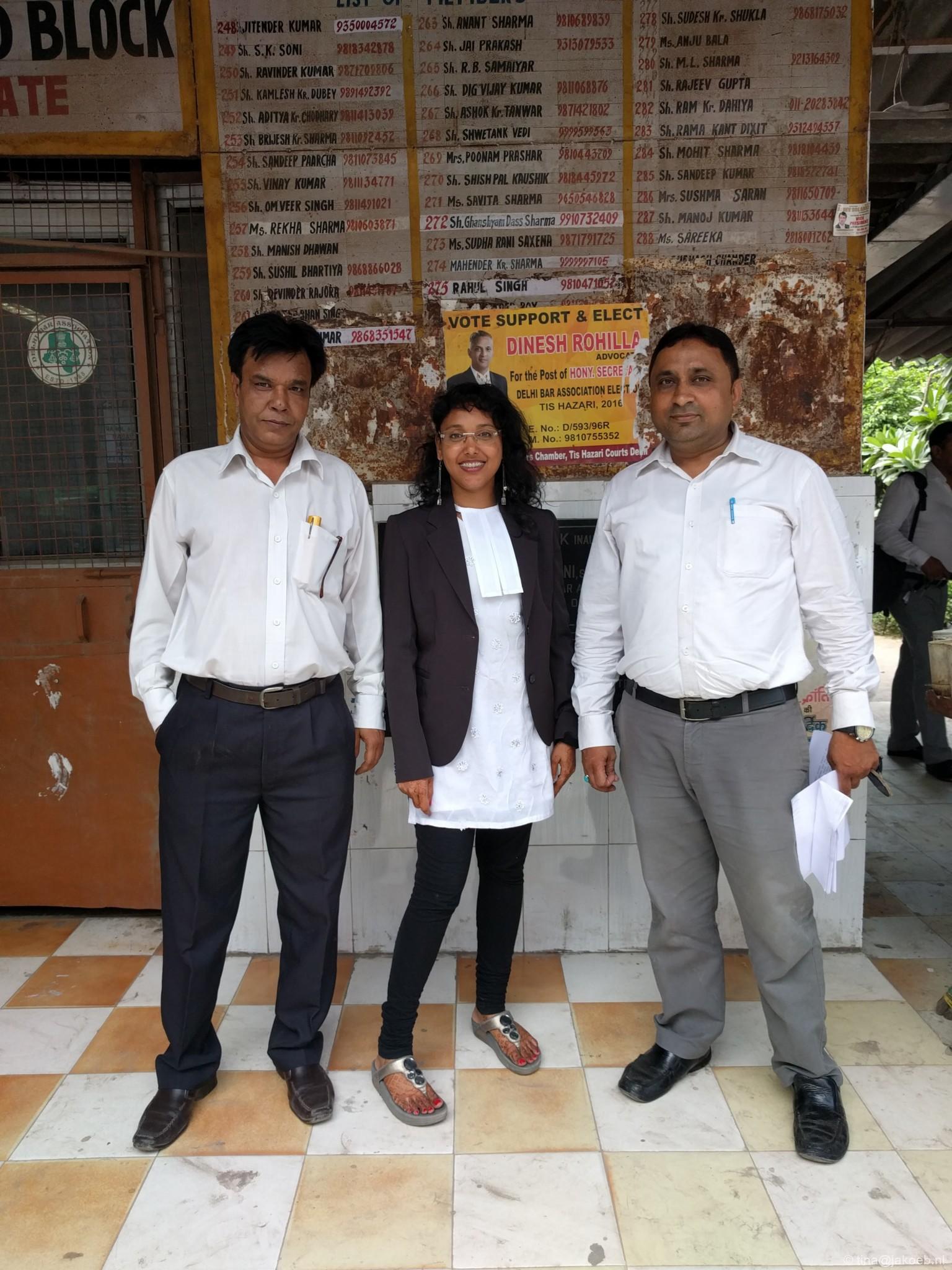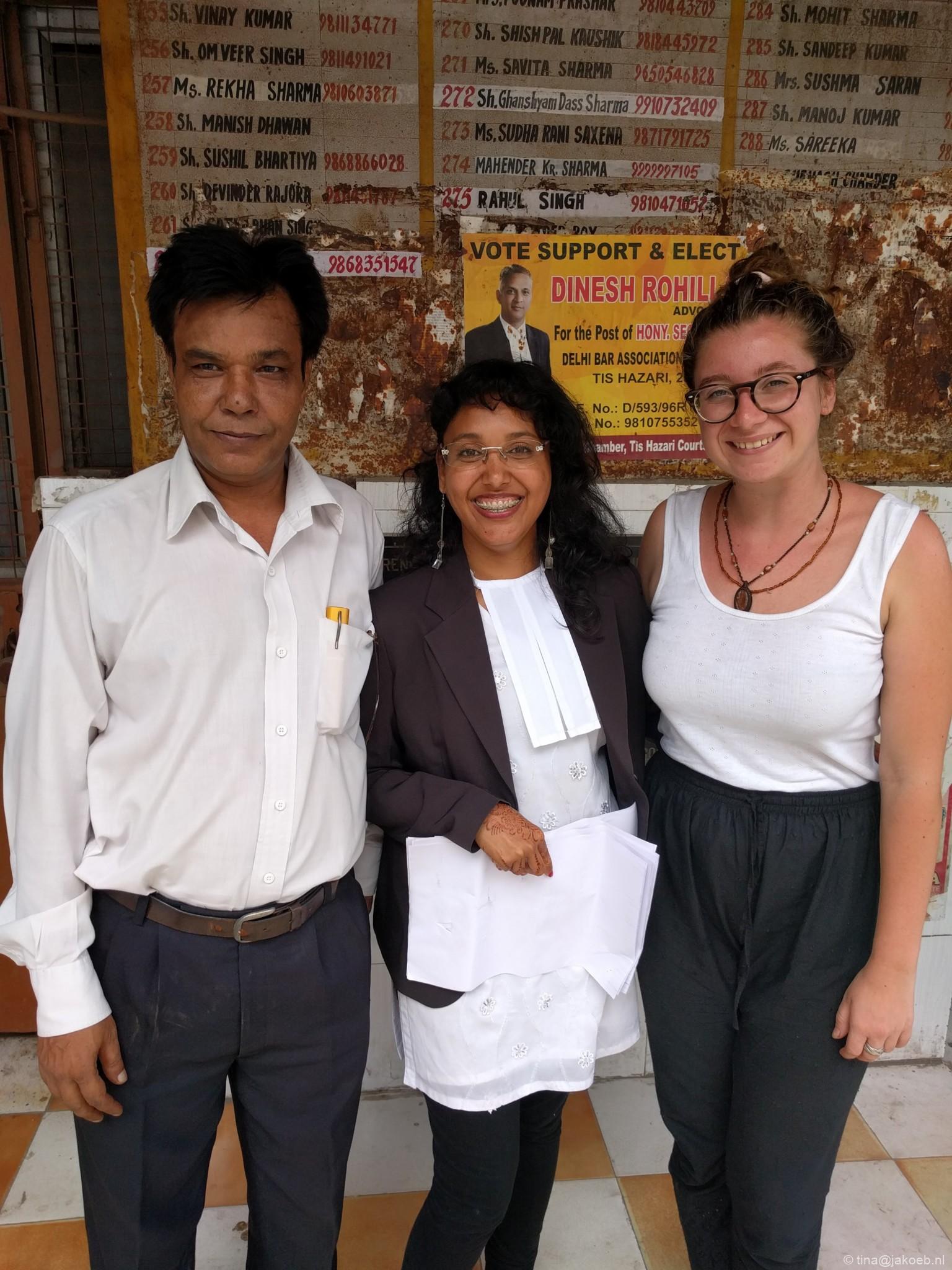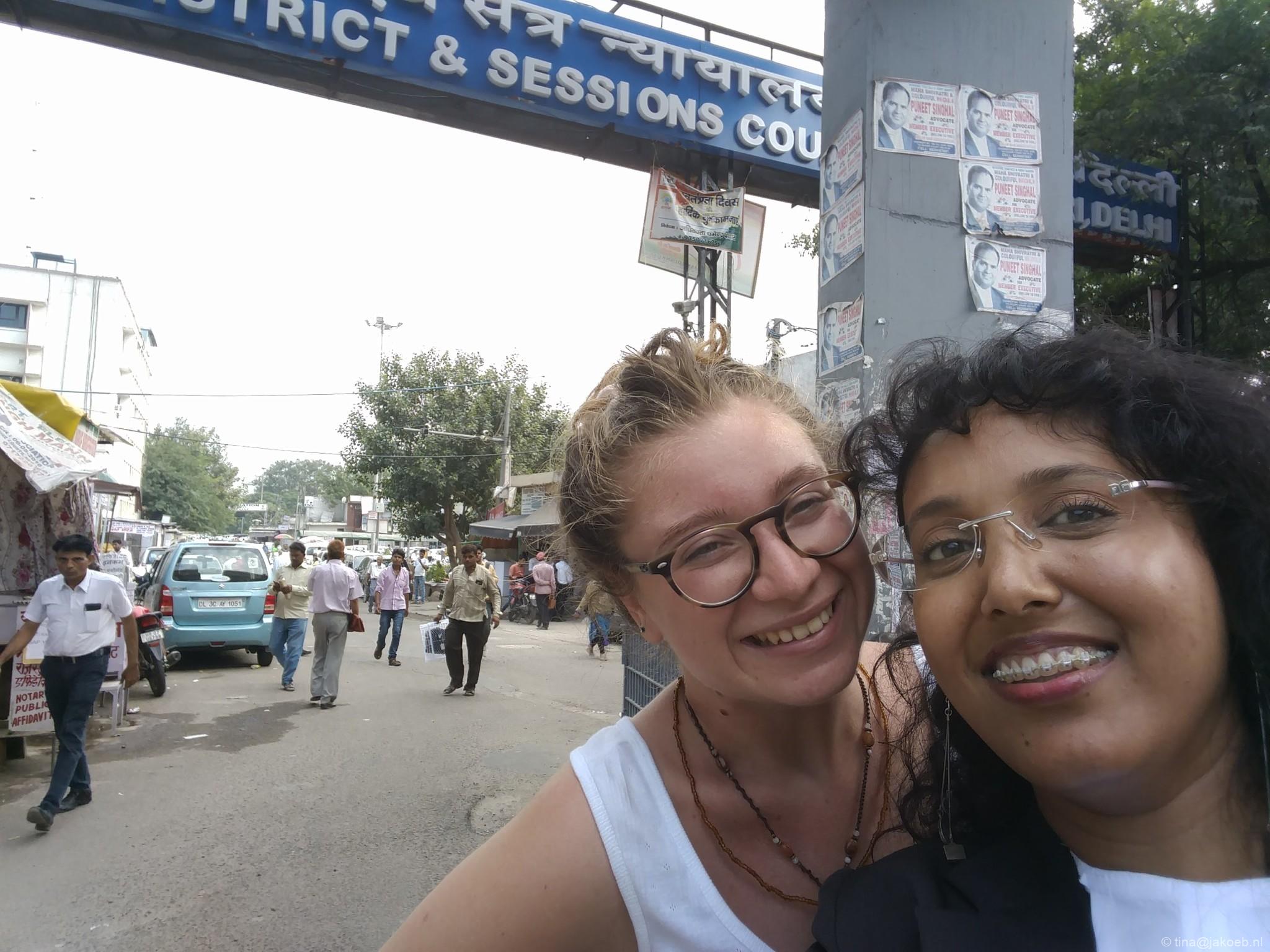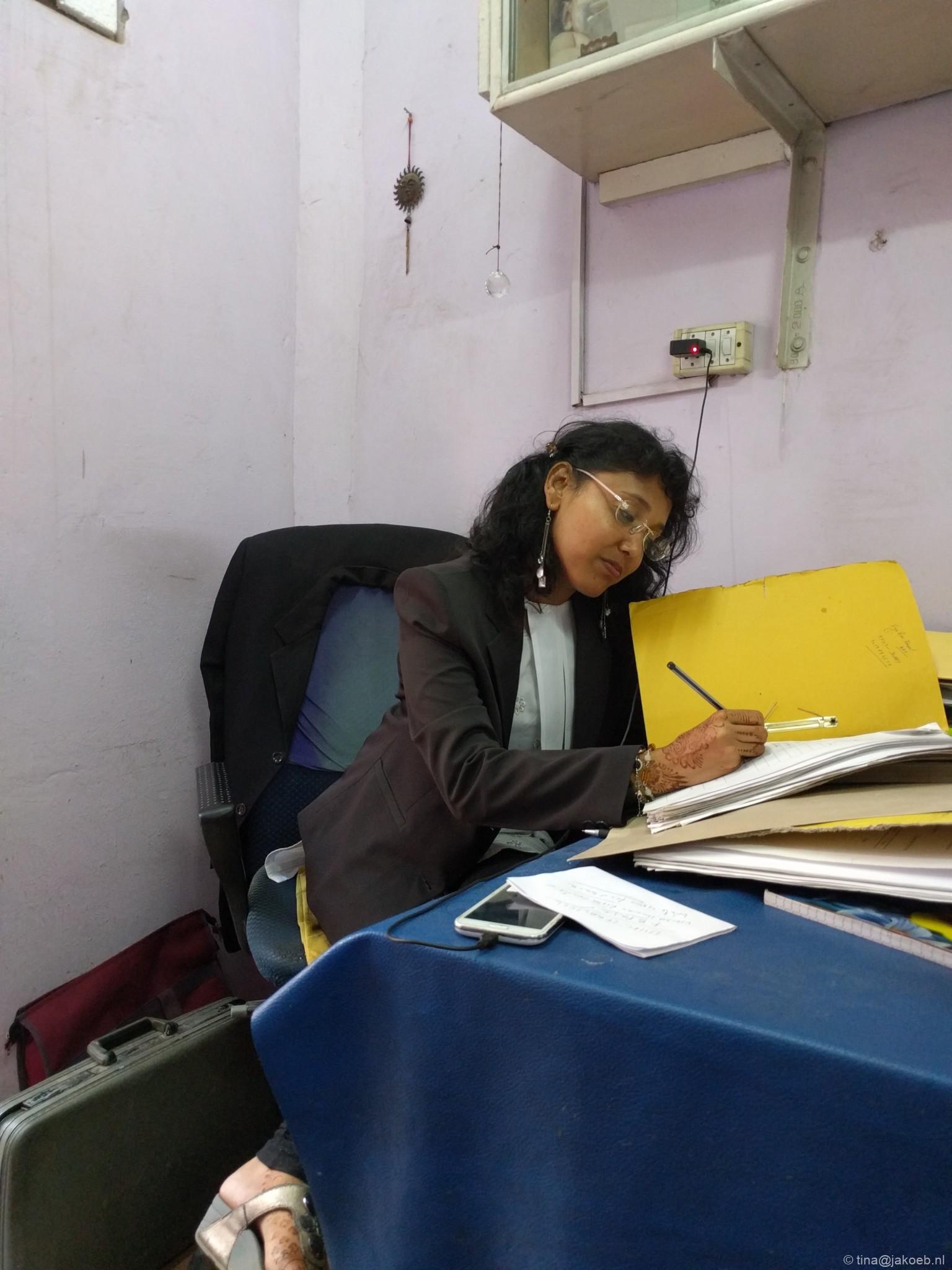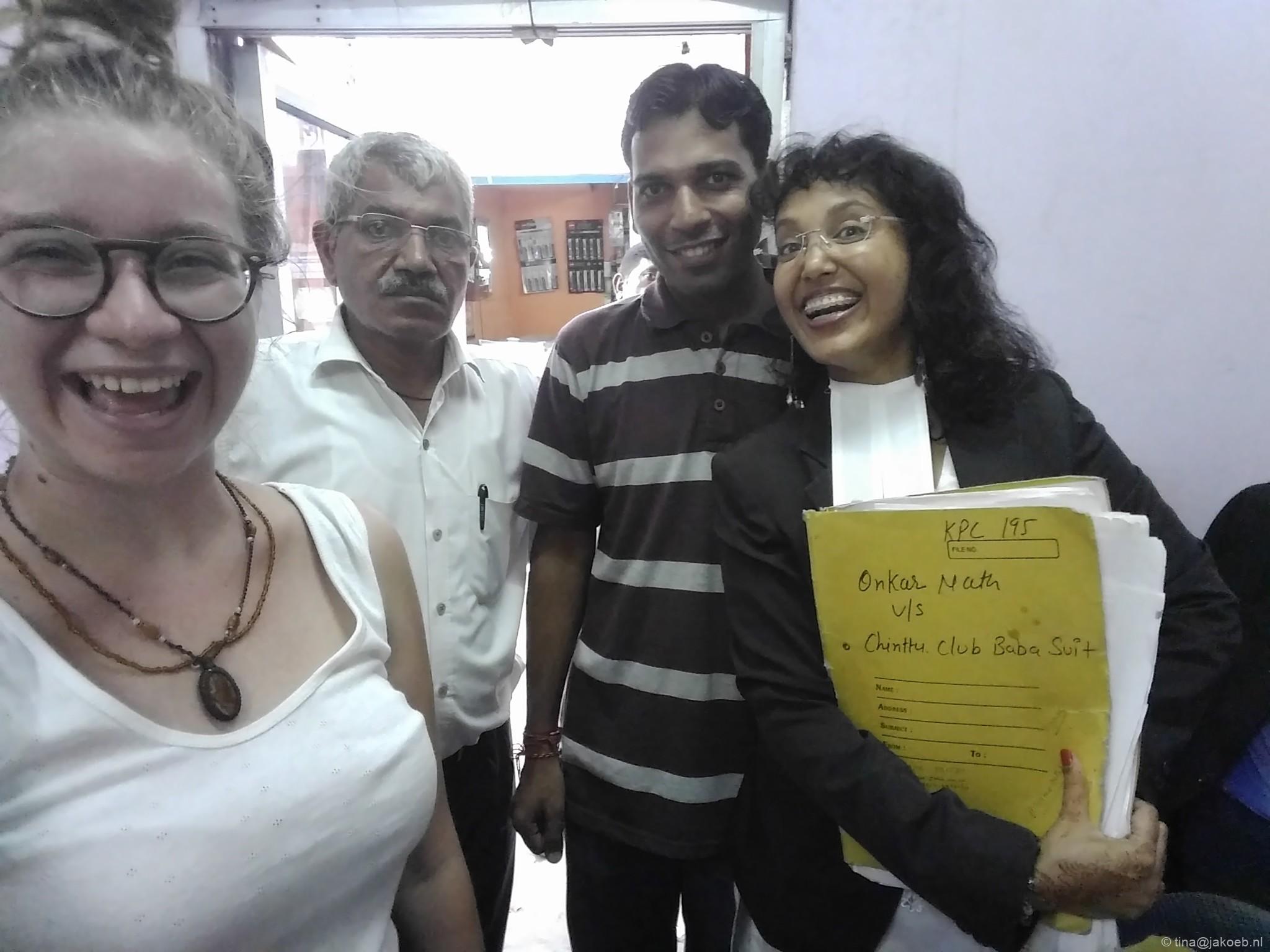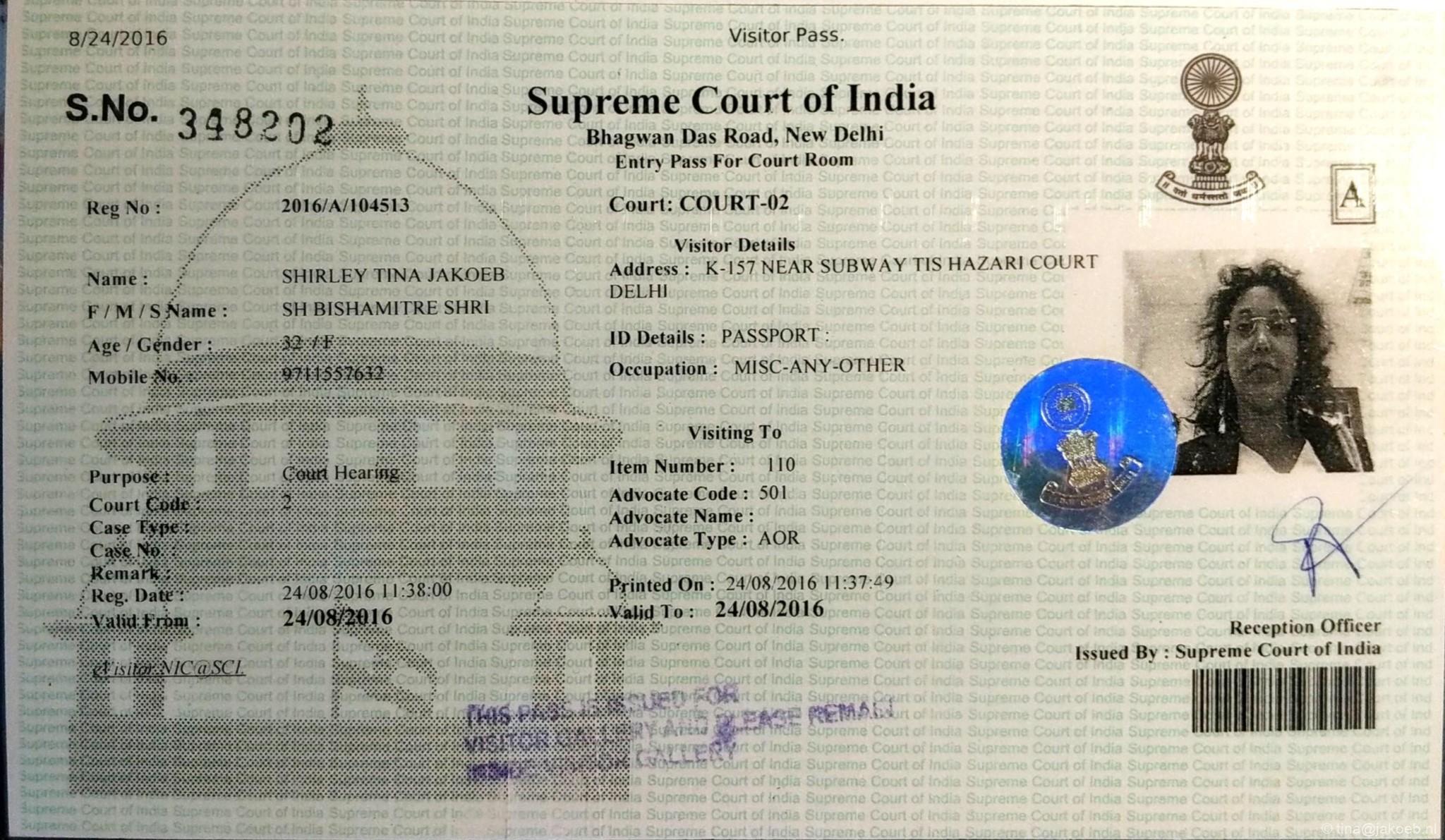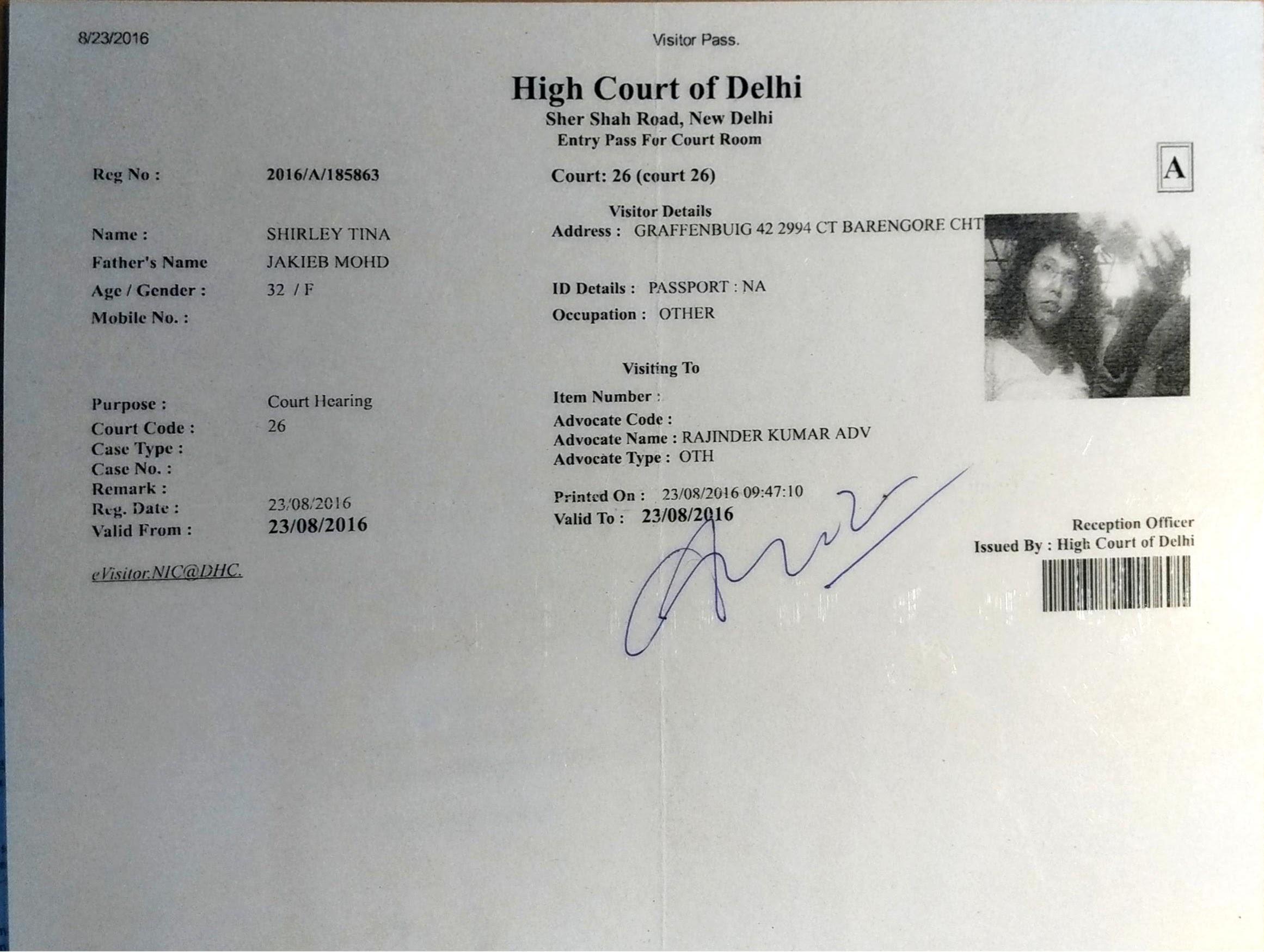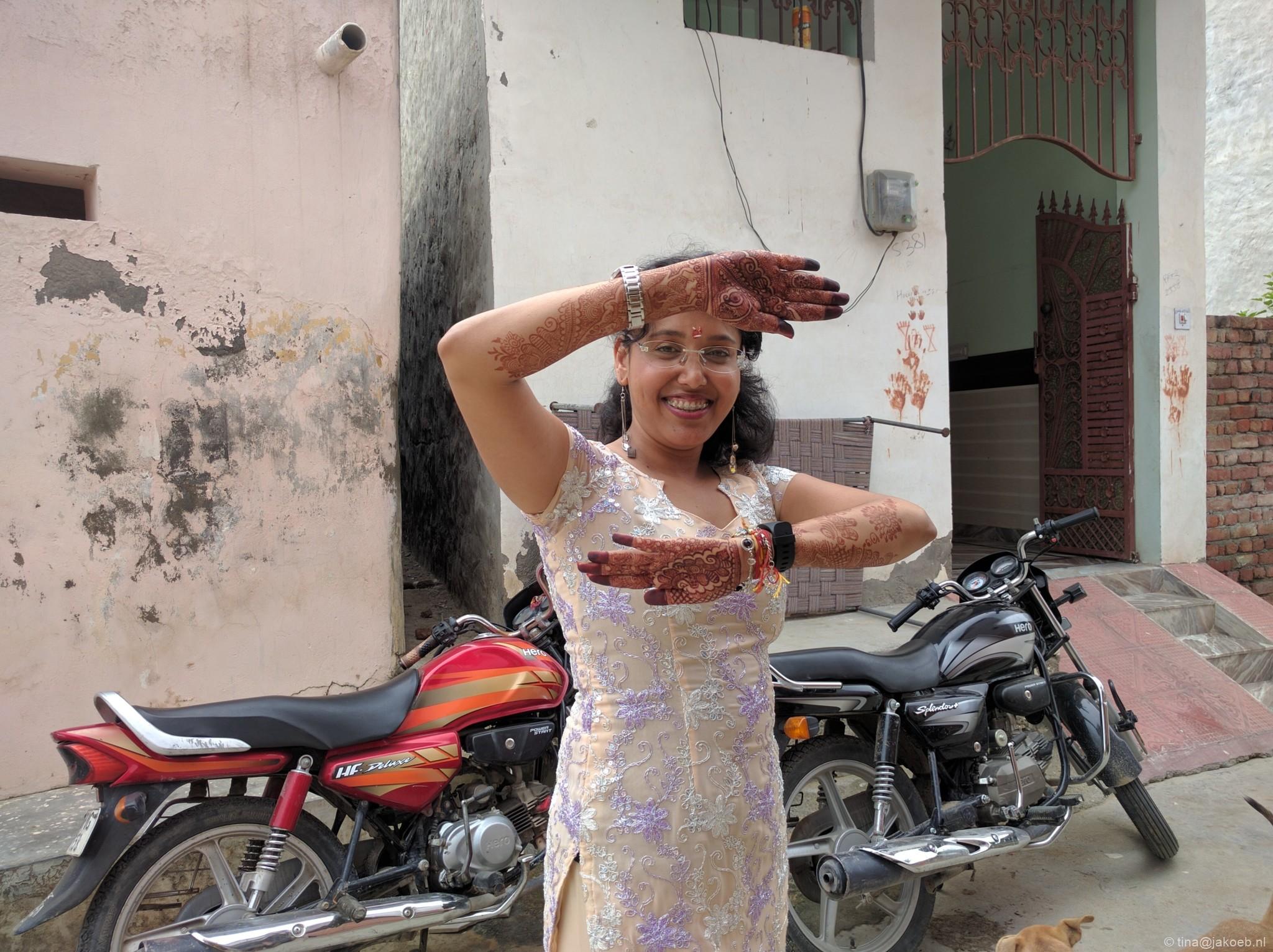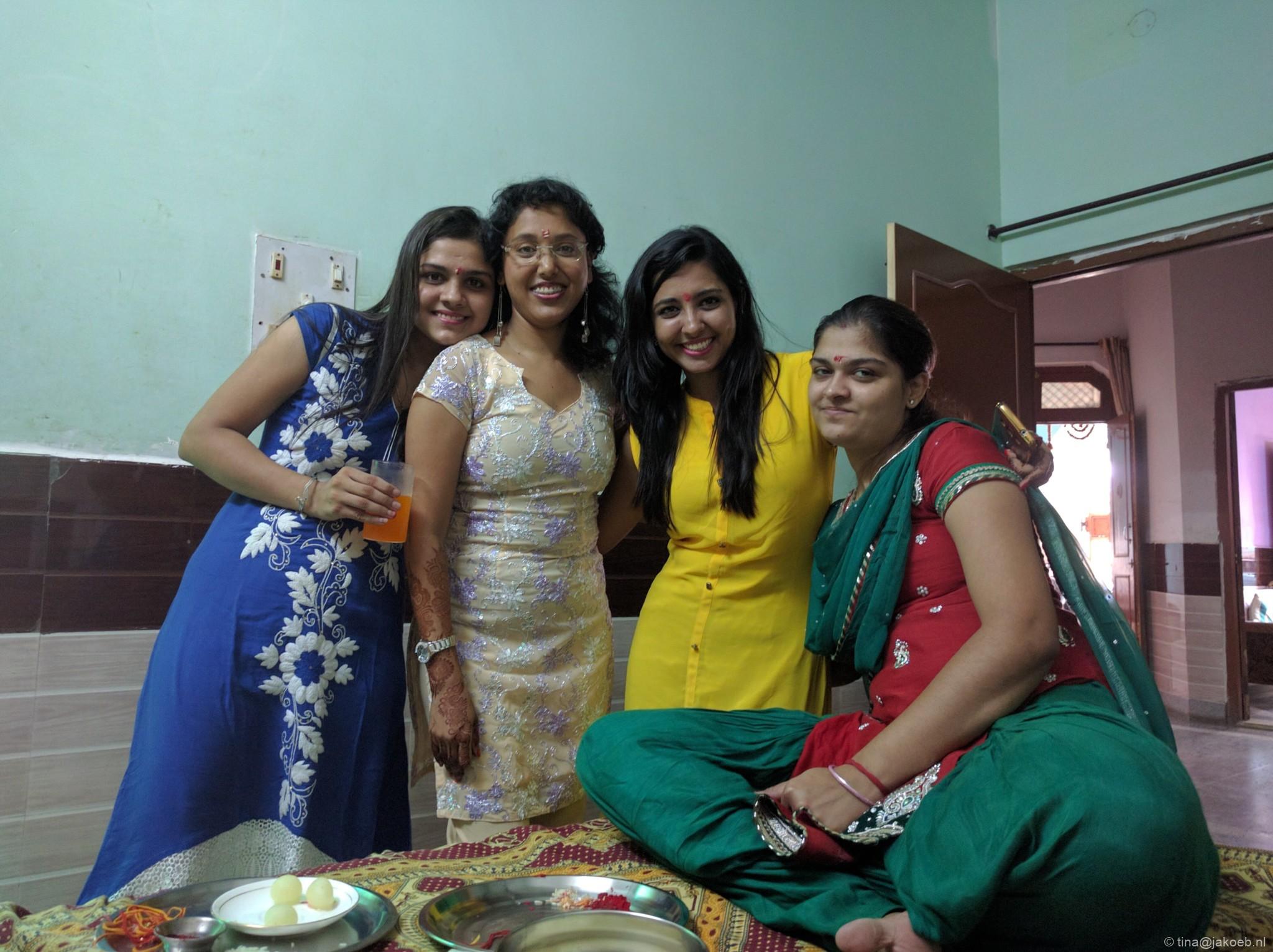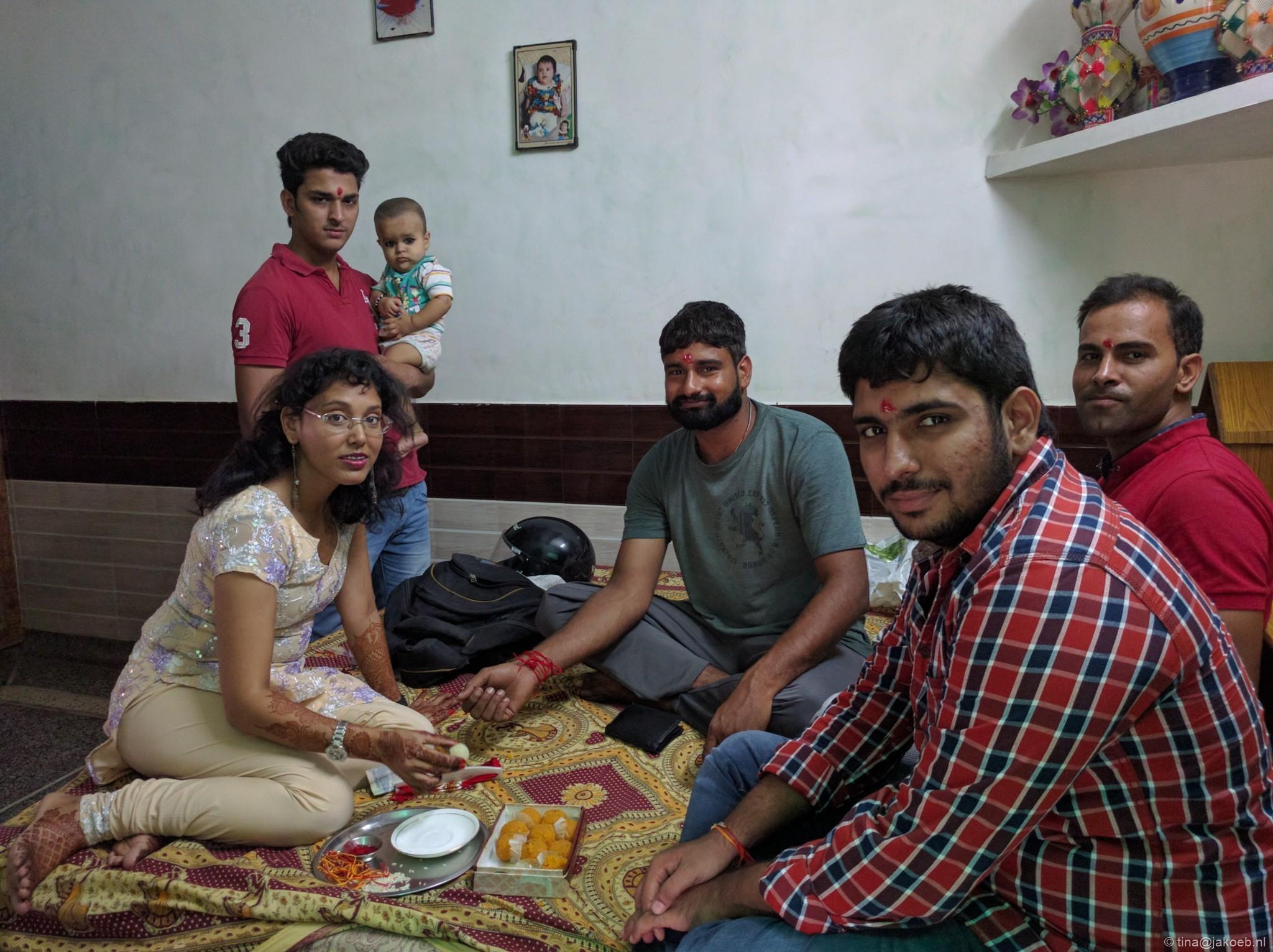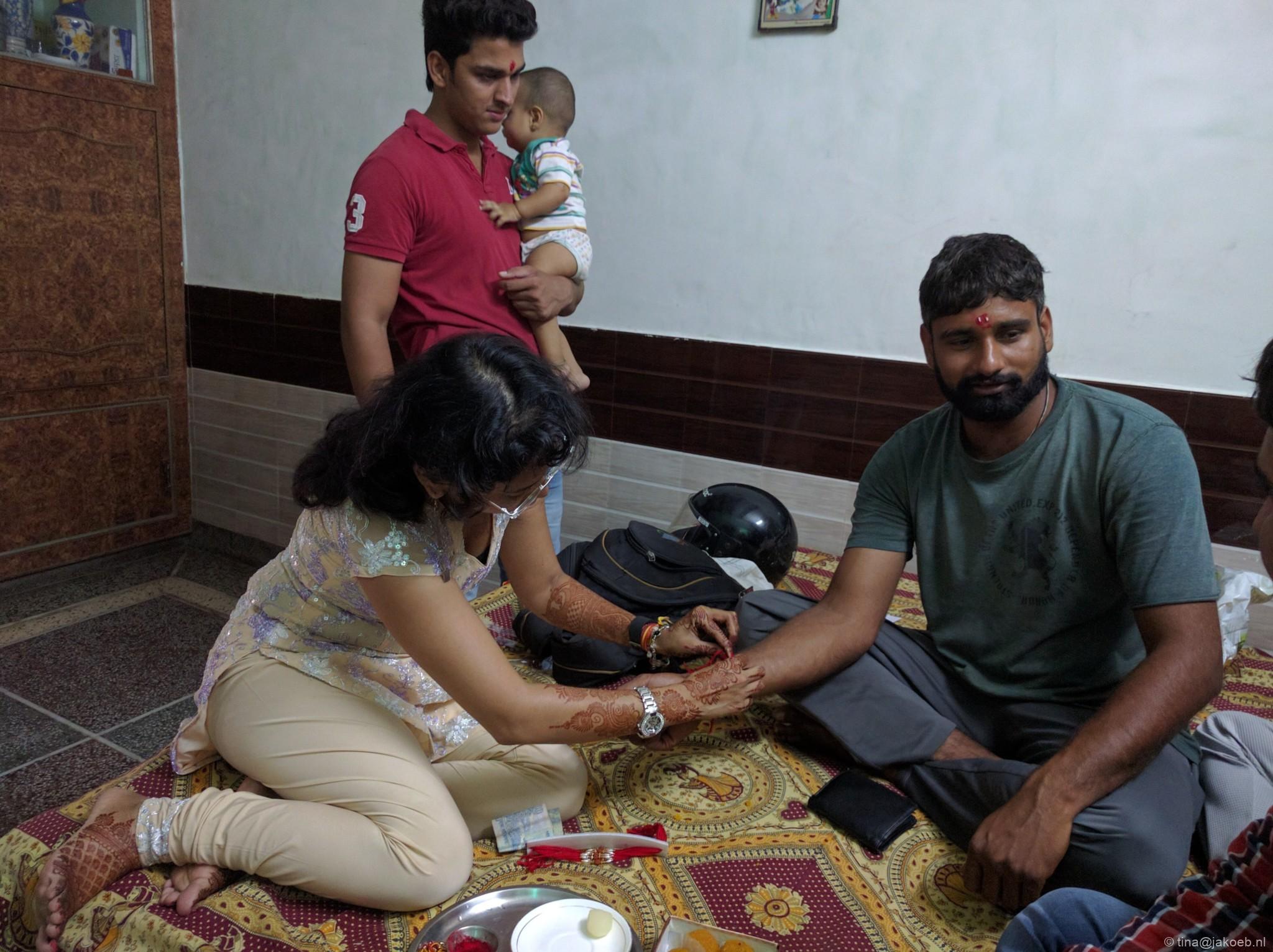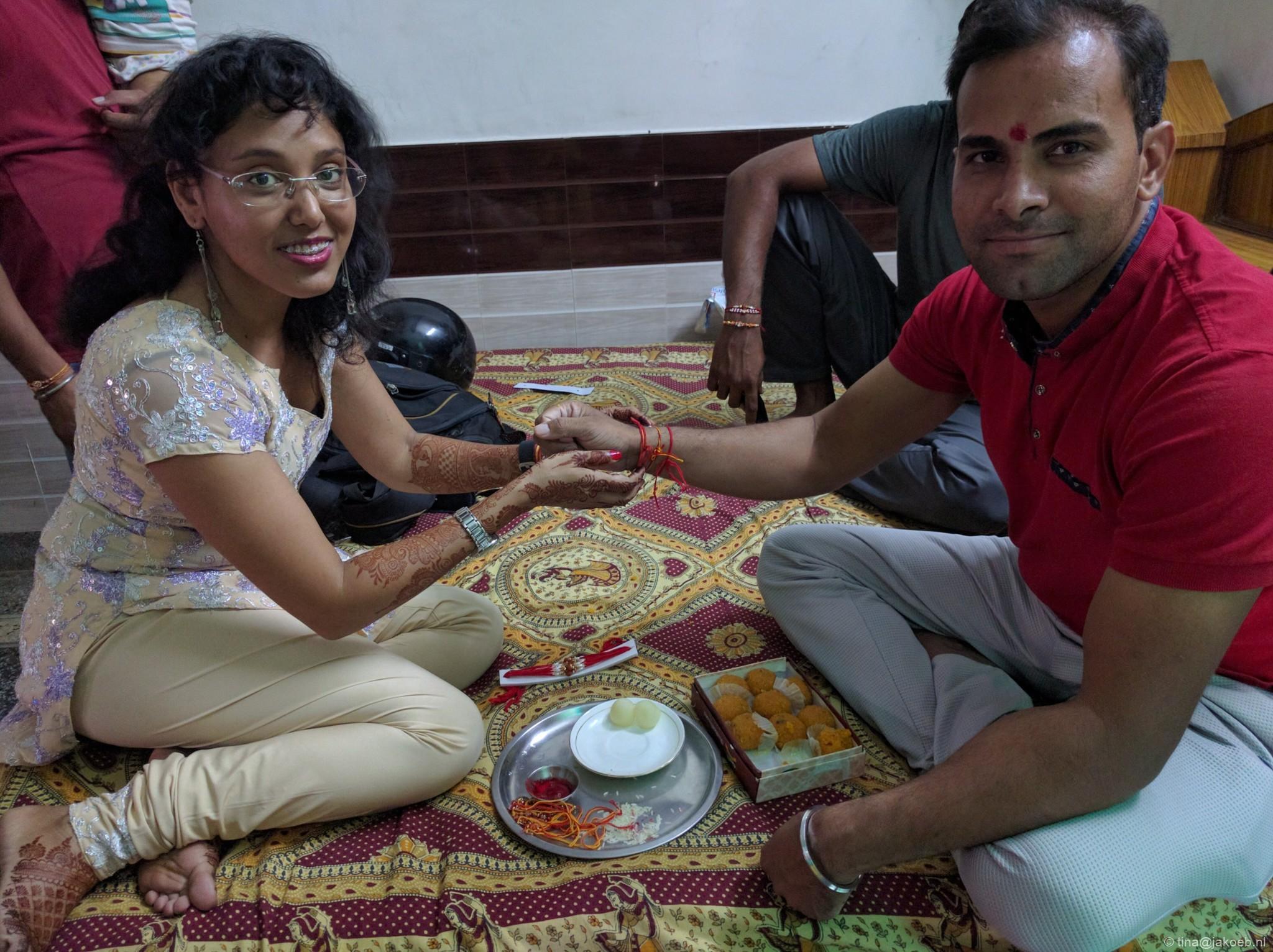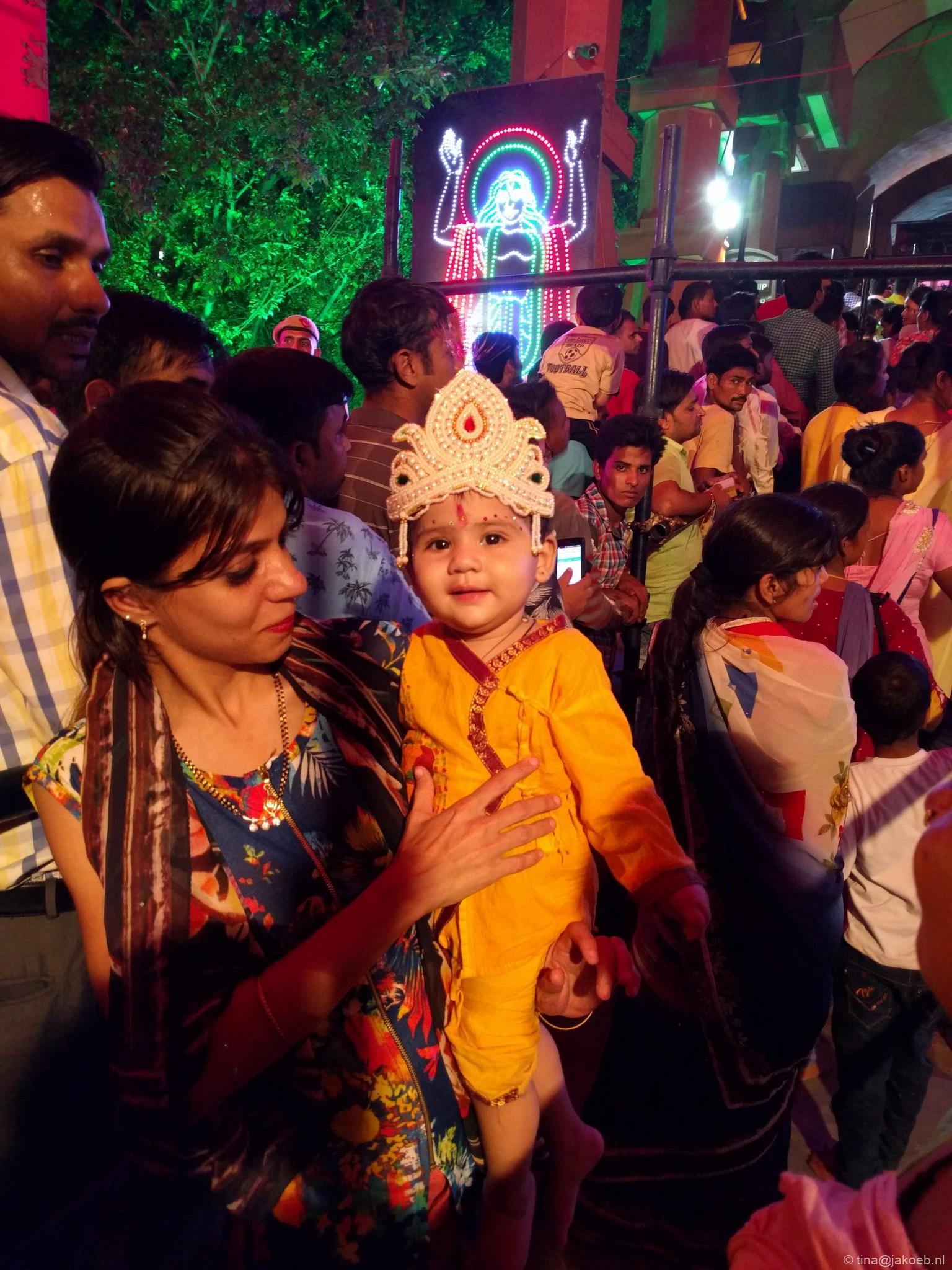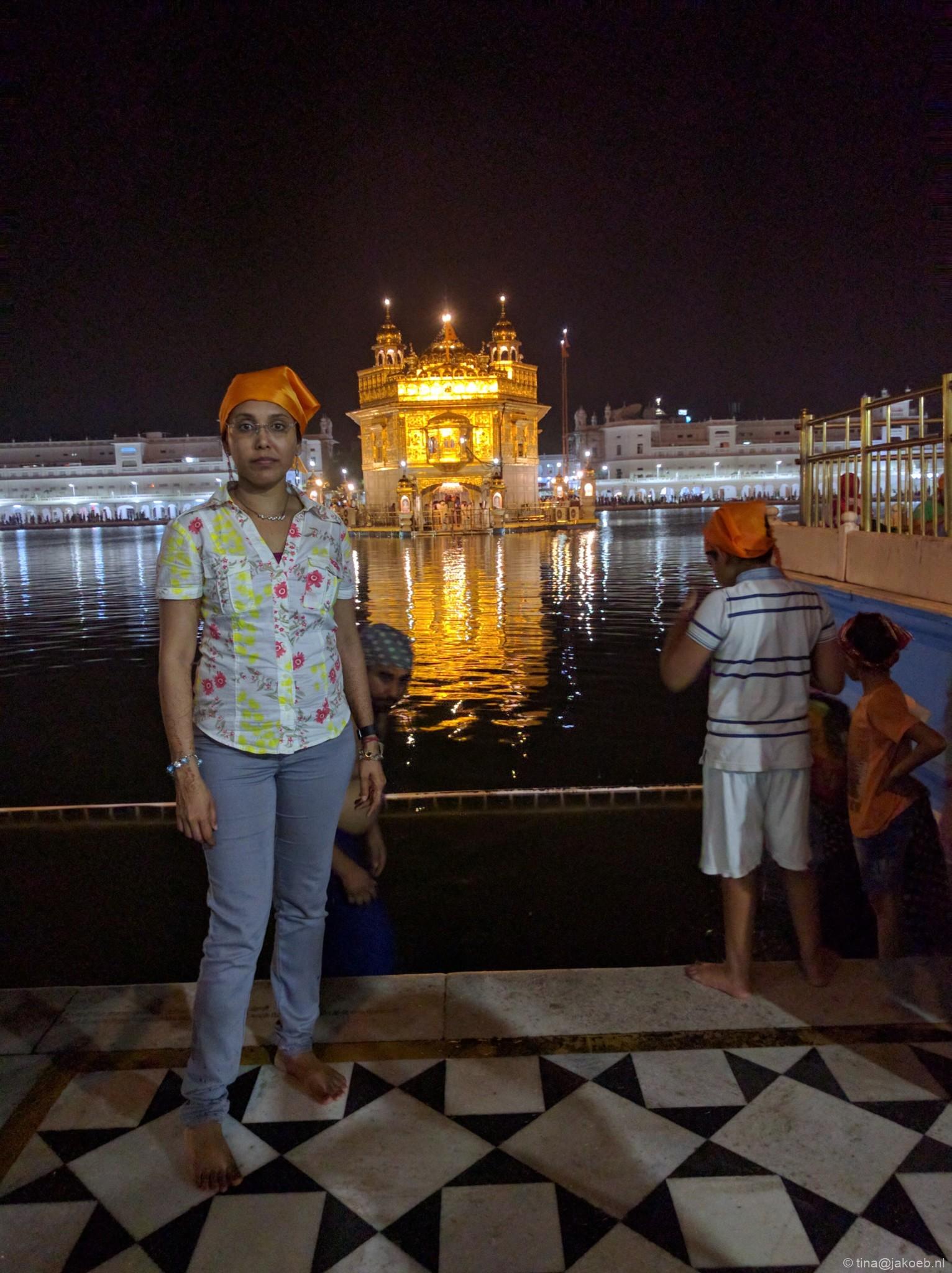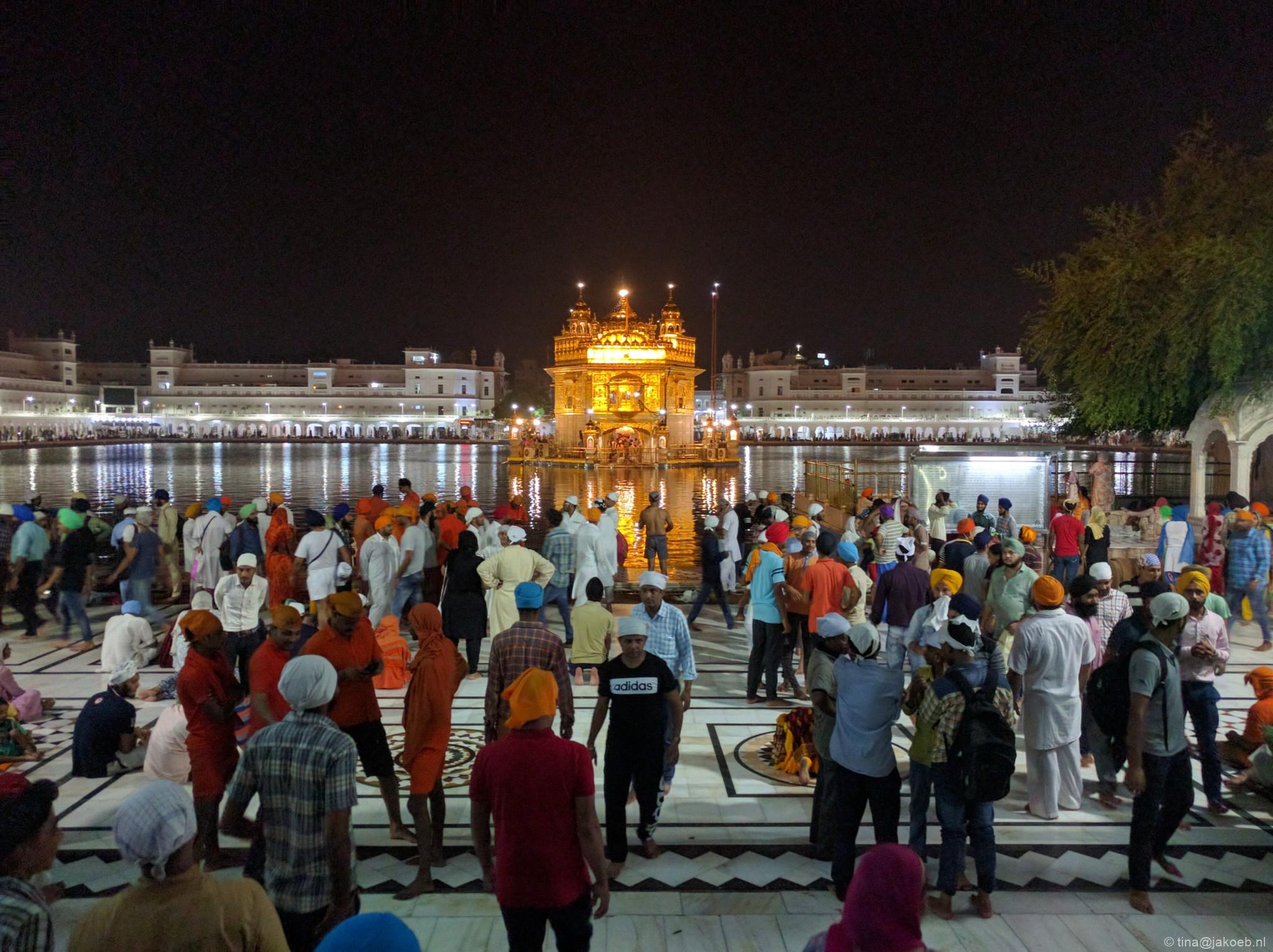Human Rights Advocate WHRC
Een stage in het buitenland betekent niet alleen een unieke ervaring opdoen maar is vooral een manier om als persoon verder te ontwikkelen, verschillende culturen te leren kennen en netwerk uit te breiden. Hieronder treft u mijn verhaal in het Engels waarom ik naar het buitenland ging om stage te lopen, wat voor werk ik gedaan heb en de minder leuke en leuke ervaringen.
Why abroad?
During my education I have often heard from students that they would follow their internships abroad to gain more life experience. Such a step wasn’t for me, I have already experienced how tough life can be when I emigrated from Surinam to the Netherlands and had to rebuild my life and learn to survive in a foreign country, with no idea of what to expect.
In 2016 I went on a 6 weeks holiday to India, It could be considered quite a luxurious journey through the north part of India and Banares (see photo album India). The trip left me longing for more and I vowed to return to see more. The country really interested me because of 2 reasons: Firstly my ancestors came from India (Bihar province) and secondly because I grew up with Bollywood movies and music which taught me many life lessons and have played a big part in my cultural upbringing. After careful deliberation with my family and close friends I decided to return and combine my next visit with an internship.
During my search for a project in India I came in contact with AIESEC. AIESEC is an international youth-run, non-governmental and not-for-profit organization that provides young people with leadership development, cross-cultural internships and volunteer exchange programs. The organization focuses on empowering young people to make a progressive social impact. From my research I gathered that it is a reliable organization which offers many projects around the world. I decided to go for a project from the World Human Rights Council (hereinafter: WHRC). The WHRC is an international, not-for-profit, membership based organization dedicated to implementing the Universal Declaration of Human Rights at local, regional, national and international levels. Its membership is for everyone throughout the world who are actively sharing their knowledge and skills for protection of human rights by and for all humanity. My employer in Delhi was the WHRC Legal Cell. The WHRC Legal Cell is a collaboration between different criminal lawyers in New Delhi and aims to strengthen the position of women and girls in all layers of the Indian society. They do this by tracing and prosecuting perpetrators suspected of rape and exploitation of women and girls (victims), providing aftercare (psychological assistance) and offering relief and support (legal advice), on the basis of the 2030 Agenda for Sustainable Development ‘Transforming our world’ which has been adopted by the United Nations in 2015. My work as a Human Rights Advocate consisted of conducting conversations with victims, taking care of file creation and completion, assessing evidence, analyzing and assessing findings to prepare a case, supporting lawyers with the necessary legal documents (summonses, pleadings with for and counter arguments, reply and rejoinder) for the completion of the legal proceedings and attending court sessions under the guidance of a lawyer in The High Court and The Supreme Court of New Delhi. Example of a few cases:
a) Marital rape
b) Sexual harassment in the workplace
c) Prostitution
After checking in at the airport and saying goodbye to all my loved ones, I realized that this would be my first real journey all by myself. That thought frightened me a lot but I was proud of myself that I took this step to experience an adventure. One thing was certain: everything that I would experience will only make me stronger at the end of my journey.
During my trip I had a lot of fun moments, but there were also things that didn’t go well, such as:
- Sleeping at the airport: I arrived in Delhi around three in the morning. Students are apparently not picked up during the night hours to prevent being robbed on the way to the hostel. I slept on my bags that night to prevent my bags being taken.
- No room available on arrival: Once I was allocated a room, it turned out that I had to share it with 3 other men. This led to many discussions with the hostel staff as it had been agreed with AIESECthat I would be in a room with ladies. I finally agreed because another woman also came to the room who chose the same project as me and my travel time to work was shorter than if I were transferred elsewhere.
- AIESEC Delhi did not have my contract in order so I had to start working a week later.
- It was a tough job to travel to work in the heat (an average of 45 degrees Celcius) every day during rush hour in a crowded metro. There were days when I couldn’t get off at the stop where I needed to be because the metro was so full that I was pushed away in a corner and before I could push myself to the front again the door closed. In addition, I had to check every time if I still had my bag with me. In that bustle you are easily robbed without you realizing.
- Theft by monkeys: According to the World Health Organization, monkeys are the second biggest threat to all wild street animals in India. They attack people, rob people of their food, but also steal important documents from government officials. In addition, they also carry diseases. There are frequent complaints that these monkeys hit school children and break into water tanks. In 2007, the deputy mayor of New Delhi was driven from his balcony by monkeys. He did not survive the fall. The first time I was robbed, was during a lunch break. I was surrounded by a group of monkeys and had to give up my lunch. The monkeys were just as big as me and I couldn’t go anywhere. The second time my glasses and mobile were taken. I had to persuade him with juice and food to get it back. The third time the monkey came into the home where I was staying (the living room door was open), he looked me in the eyes while I was packing for the return trip, he opened the refrigerator, picked up a carton of milk and all the sweets that I would bring back to the Netherlands and left. I did not dare to challenge him to stop because I was afraid of being bitten so shortly before departure.
I also visited the Golden Temple and the Wagah border ceremony in Amritsar. The Golden Temple serves free food for hundreds of people. It was quite an experience to sit on the floor and eat with hundreds of others. The sense of solidarity was great. There was no difference between rich and poor. Everyone was equal.
The Wagah is the only land border crossing between India and Pakistan and is located on the Grand Trunk Road between the cities of Amritsar in India and Lahore in Pakistan. The border crossing of Wagah is often described as the Asian Berlin Wall, where every evening a ceremonial border closure takes place under the name of the ironing of the flags. The border officials of both countries simply come together to handle everyday matters. The relationships at the border in Wagah are used as a barometer of Indian-Pakistani relationships over the years.
I was also surprised every time how many days off I had because of the Hindu holidays such as the Krishna Janmasthmi and Raksha Bandhan. Janmashtami is the birthday of Shri Krishna. Krishna is said to have been born in the Hindu month of Shravan (August / September) on the eighth day after the full moon at midnight. On this holiday, the devotees fast until midnight. Around midnight a doll representing the baby Krishna is rocked back and forth in a flower-covered cradle and then the fast is broken with a feast. In many houses a silver cradle is worshiped as a symbol of the birth of Krishna and the promise to free the world from evil. The babies (boys) are dressed like Krishna. I stood in line for 3 hours to see the temple where the ceremonies were held in New Delhi, but it was certainly worth seeing how thousands of people gather that day to worship Krishna.
Another special experience was Raksha Bandhan. I don’t have any brothers, which means I don’t normally celebrate Raksha Bandhan. Raksha means protection and Bandhan can be described as the bond between people. When a woman ties a Rakhi around a man’s arm, the bond between them is that of brother and sister. For example, on this day, sisters tie a Rakhi around their brothers’ right wrist. Tying a Rakhi means that the sister asks her brother for protection and love. The brother accepts the Rakhi and confirms the love for his sister and that he will be ready for his sister when she needs his assistance. The sisters pray that day for the welfare of their brothers and that they will be able to perform their religious duties on this earth. The brothers swear to protect their sisters. The Rakhi can also be tied to a cousin or someone who is seen as a brother. It is not mandatory to be given to blood relatives. I consider the acquaintances I stayed with as a family, so I had six brothers that day to bind a Rakhi. It was an unforgettable moment in time. With the binding of the Rakhi I received money from all the brothers and with that money (and some of my own) I bought a very nice Saree.
I was lucky that I had a supervisor with whom I got along very well. I was also able to adapt to their culture fairly quickly because it looks a bit like the culture I grew up in and had the advantage of being able to talk Hindi. My counselor gave me the opportunity to plead two cases in High Court. He also allowed me to go to Supreme Court to attend sessions. This was a unique opportunity that not all trainees were offered. They were usually looked at with great surprise when they heard me speak Hindi because many do not even know where Surinam is.
It was a special experience to be able to experience all this. If it is up to me, I can write a book about it, but I’ll keep it short. I am proud of myself that I have overcome my fears and have continued this special journey. It is precious experience that is not for sale because it concerned not only physical challenges that I had to overcome but also mentally such as:
1) How do you act if you suddenly receive preferential treatment compared to other students because you have the appearance of being a Hindu, can speak Hindi and come from a Western country?
2) How do you act if you are told during the hearing of your first case that your request (having the client wait for custody at home for health problems) is rejected and you are told after the hearing that you must start negotiating with the judge in a back room so that he can still grant your request against a certain amount of money?
3) How do you act when your friends are swindled in front of you because they are white and some people think that whites are rich people, so is it not unjust to dismiss them?
4) How do you act if the caretaker has to sit on the floor and you are offered a chair because you are considered someone of “high caste”?
Recommendation letter

